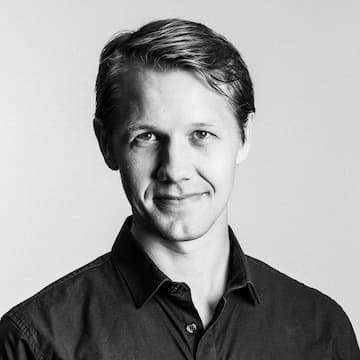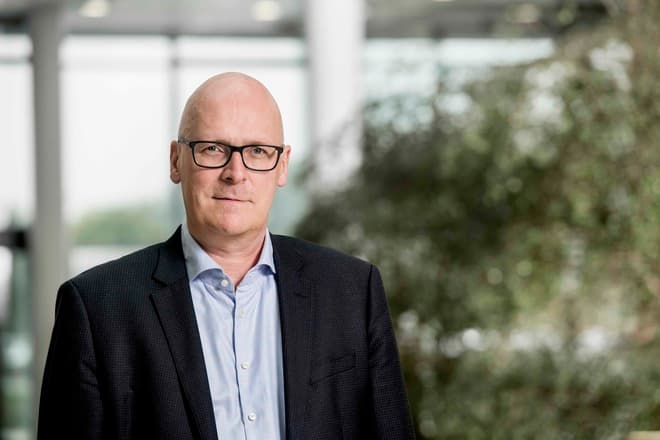
Rigid regulations have long been a thorn in the side of local politicians who want to increase the municipalities' own production of renewable energy. If the municipalities wanted to install solar cells on the roof of the town hall, swimming pool or daycare center, it has been a requirement that the municipality set up an independent and separate company for the purpose.
This is something that both KL and local politicians have long tried to address, but so far their calls have not met with understanding from the government.
When all mayors wrote to all members of parliament two years ago to draw attention to the burdens of having to set up separate companies, Minister of Energy and Utilities Lars Aagaard (M) simply replied in a written response:
"The rules are there for a reason. The requirement for company separation ensures a clear separation of the municipality's core tasks and electricity supply activities of a more commercial nature. Several municipalities or regions can join forces in one company to facilitate administration (...) I understand that the municipalities would like to be able to improve their finances by avoiding paying electricity taxes for their consumption, but that money is then taken from the common coffers."
But now KL has managed to get the government to agree to a review of the rules and requirements that municipalities face if they want to install solar cells on their own roofs.
This year's economic agreement states that the government and KL will uncover "the possibilities and consequences" of removing the requirement for municipal and regional company separation and the requirement for municipal offset.
And this is pleasing to the chairman of KL's Climate and Environment Committee, Johannes Lundsfryd Jensen (S).
"For several years, we have pointed out that the rules on solar cells on municipal roofs are far too bureaucratic and hinder the municipalities' green transition. Therefore, it is very positive that we have now agreed to take a close look at the two rules that are clearly straining the municipalities," he writes in a written response to DK Nyt.
Text, graphics, images, sound, and other content on this website are protected under copyright law. DK Medier reserves all rights to the content, including the right to exploit the content for the purpose of text and data mining, cf. Section 11b of the Copyright Act and Article 4 of the DSM Directive.
Customers with IP agreements/major customer agreements may only share Danish Offshore Industry articles internally for the purpose of handling specific cases. Sharing in connection with specific cases refers to journaling, archiving, or similar uses.
Customers with a personal subscription/login may not share Danish Offshore Industry articles with individuals who do not themselves have a personal subscription to Danish Offshore Industry.
Any deviation from the above requires written consent from DK Medier.




























